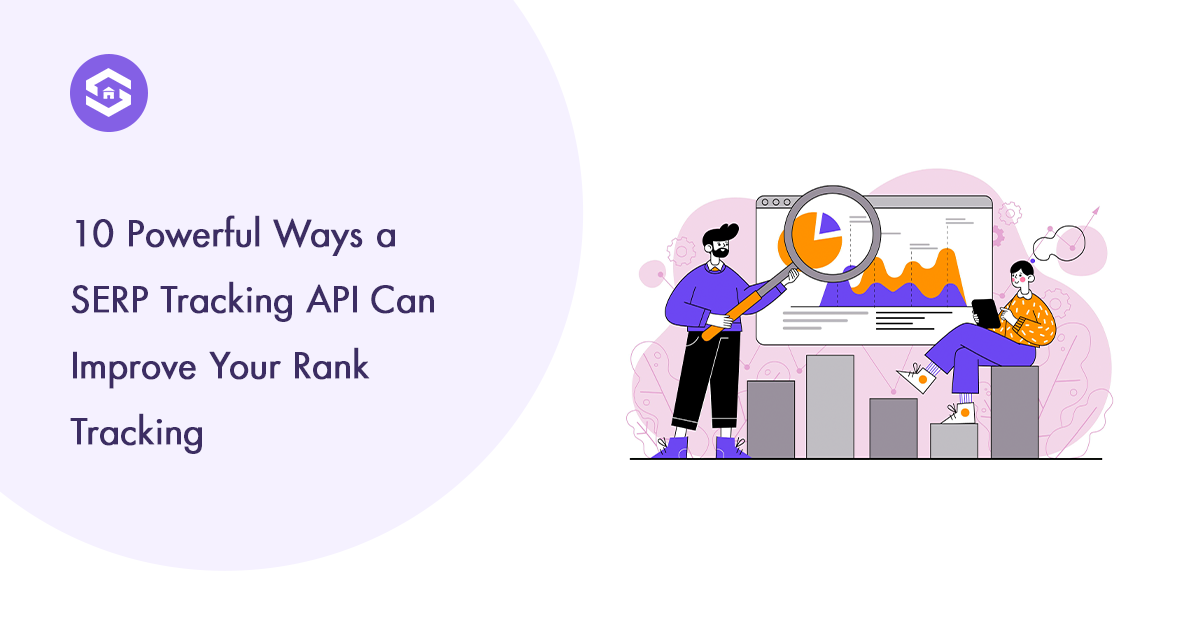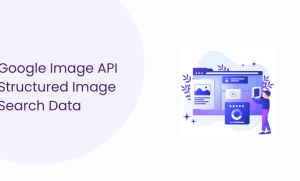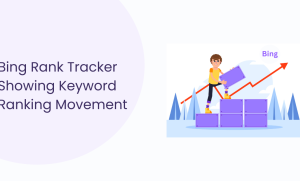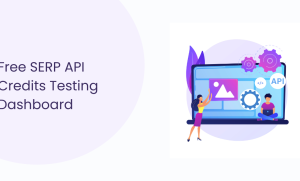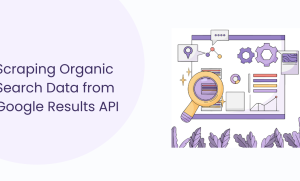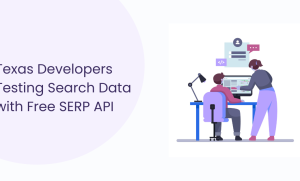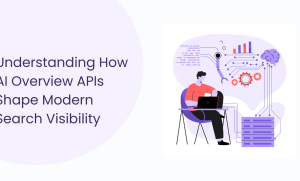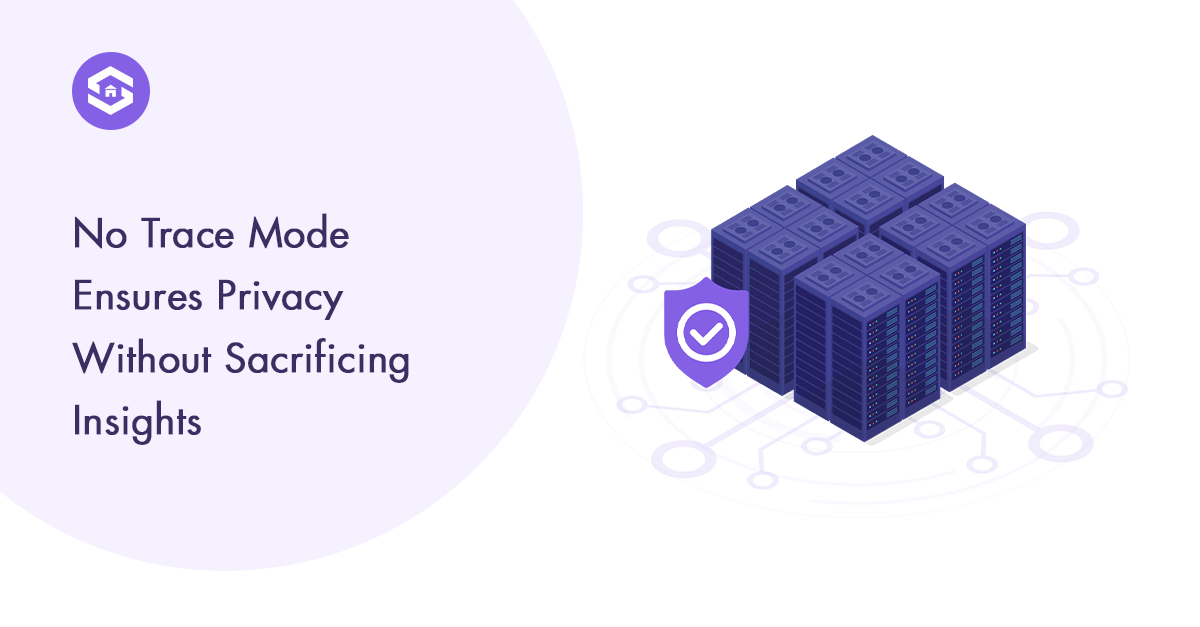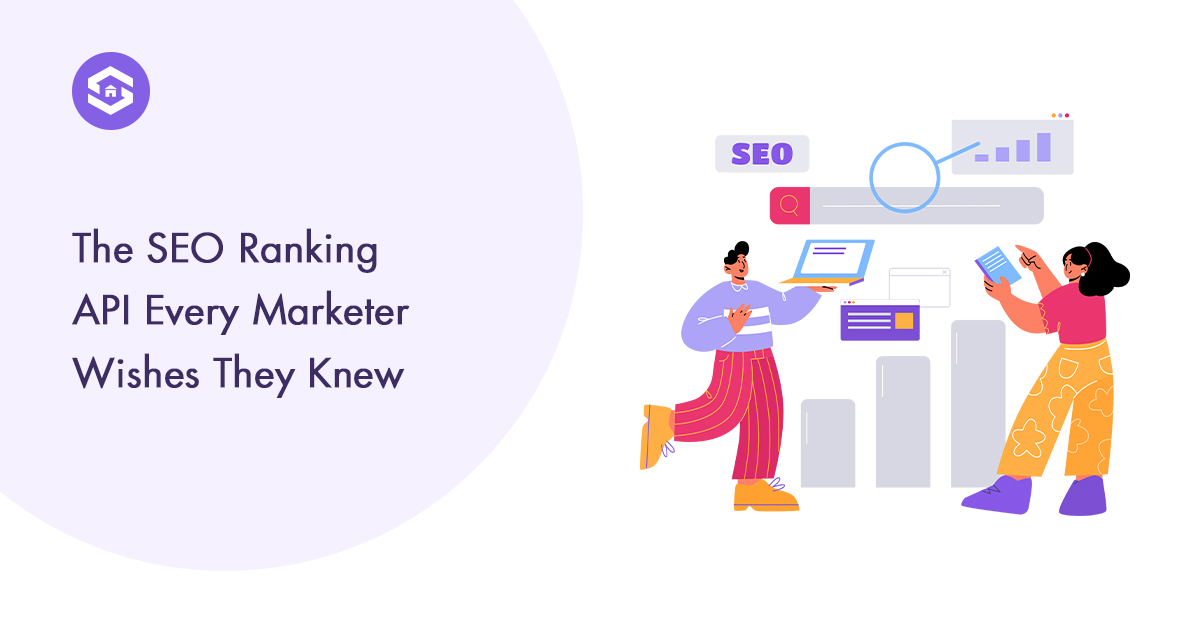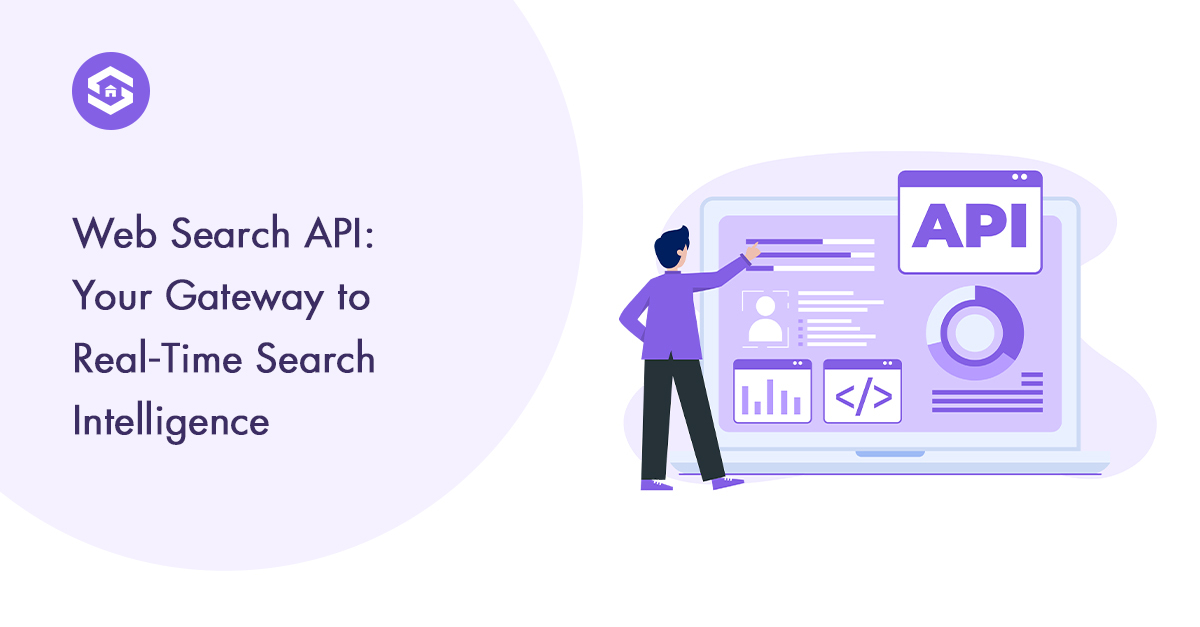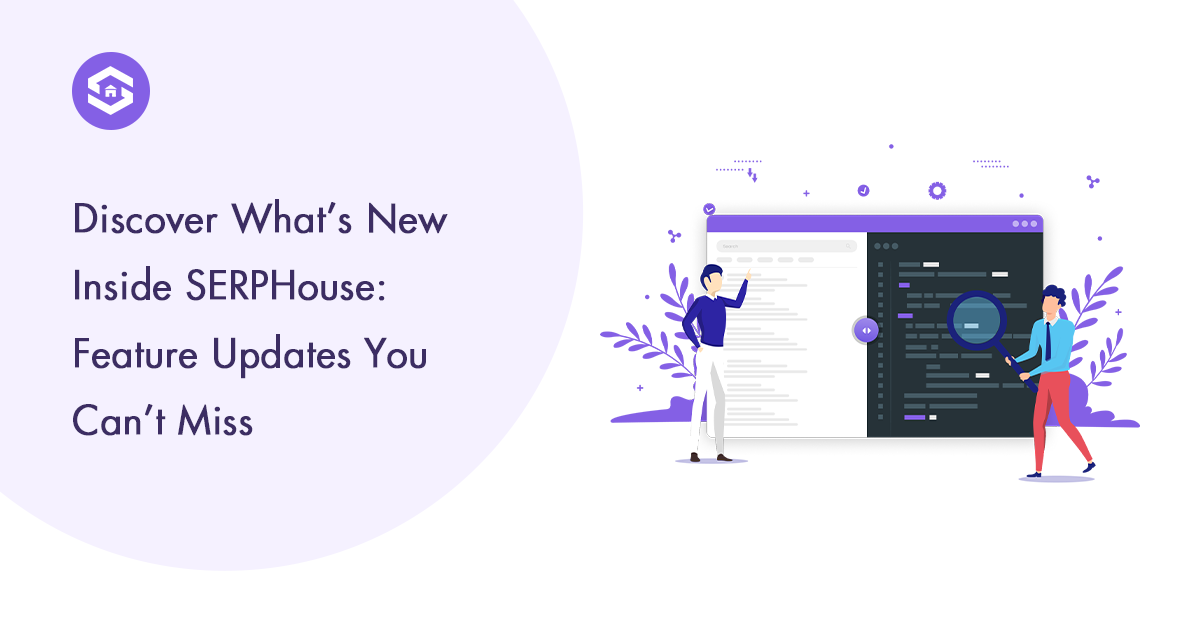Table of Contents
Table of Contents
Search engines have been around since the inception of the internet, but tracking keyword rankings was not as sophisticated as it is today. In the early 2000s, SEO specialists used manual searches to determine rankings, frequently noting the results in spreadsheets. This method is highly inaccurate because rankings fluctuate regularly due to search engine algorithm updates, personalisation, and location-based differences.
As search engines such as Google have grown in sophistication, so has the demand for automatic rank monitoring. Early SEO tools provided basic rank-monitoring solutions, but they were sometimes slow and lacked real-time data. SERP Tracking APIs appeared in the mid-2010s, revolutionising how ranks are tracked. These APIs provide real-time, accurate, and scalable ranking data, allowing businesses to track thousands of keywords easily.
The Evolution of SERP Tracking APIs
➤ In the early 2000s, SEO professionals relied on manual rank checking, searching Google themselves and recording rankings in spreadsheets. This approach often led to inconsistencies due to personalized search results.
➤ As the mid-2000s arrived, desktop-based SEO tools started automating parts of the tracking process. However, these tools lacked real-time data and had a limited tracking scope.
➤ By the 2010s, cloud-based SEO platforms enhanced accuracy, allowing for better rank tracking. Despite these improvements, they still required manual exports and lacked seamless integration with other tools.
➤ The mid-2010s marked the introduction of SERP Tracking APIs, offering direct access to search engines like Google and Bing. These APIs delivered real-time, structured, and localized ranking data, improving the efficiency of rank tracking.
➤ Today, AI-powered SERP tracking has taken over, integrating machine learning to analyze ranking trends, detect shifts in search intent, and provide deeper insights into ranking factors.
This is where a SERP Tracking API will become a game-changer. It automates rank tracking, delivering accurate, real-time insights that help groups refine their SEO strategies. But what makes a SERP Tracking API so valuable? In this blog, we’ll discover the key blessings of the use of a SERP Tracking API and why it is an indispensable tool for today’s SEO.
What is a SERP Tracking API?
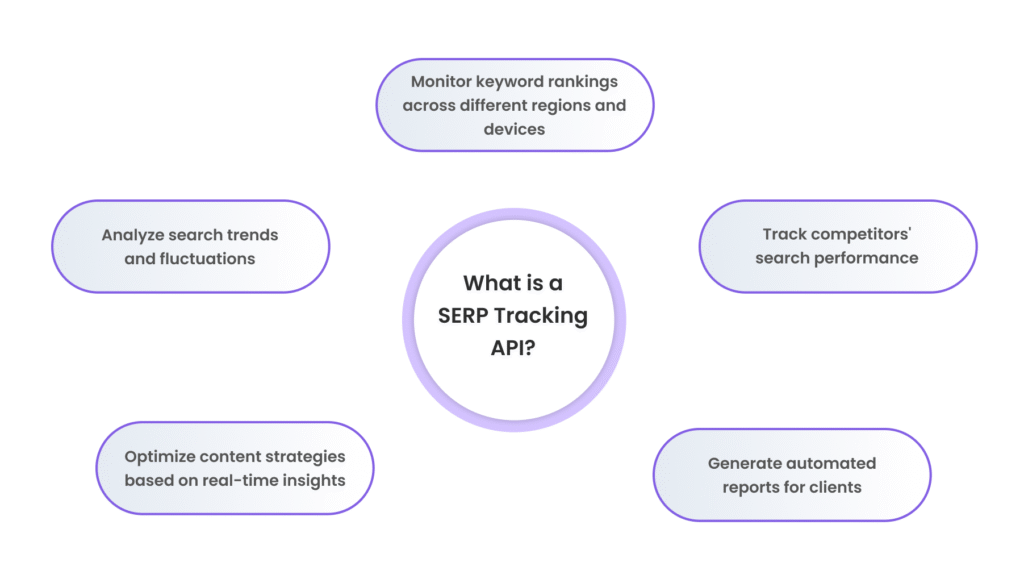
A SERP Tracking API is a tool that automatically obtains search engine ranking data for certain keywords. Instead of manually checking ratings on Google, Bing, or other search engines such as Yahoo, an API sends queries to retrieve real-time ranking data based on a variety of parameters, including location, device type, and search intent.
Businesses and agencies use SERP Tracking APIs to:
- Monitor keyword rankings across different regions and devices
- Track competitors’ search performance
- Analyze search trends and fluctuations
- Generate automated reports for clients
- Optimize content strategies based on real-time insights
With search engines constantly updating their algorithms, having an automated solution to track rankings ensures businesses stay ahead in the digital landscape.
Top 10 Benefits of Using a SERP Tracking API
1. Accuracy and Real-Time Insights
Search engine ratings can shift multiple times a day due to search algorithm changes and evolving user interactions. Relying on traditional rank-tracking strategies regularly leads to inconsistencies, as rankings can vary depending on the search region, device, or personalization settings.
A keyword tracking API removes those discrepancies by fetching results directly from engines like Google without personalization, ensuring agencies get the most accurate ranking possible. By automating data retrieval, companies can immediately monitor ranking shifts and refine their SEO strategies.
How Real-Time Rank Tracking Helps:
- Provides instant updates on keyword positions, helping businesses react quickly.
- Ensures data accuracy by eliminating personalized search influences.
- Helps detect ranking fluctuations early for proactive optimization.
2. Location-Specific Tracking for Local SEO
For businesses targeting nearby customers in Brazil, tracking keyword rankings at a national level isn’t always enough. Search engines tailor effects based on regional search trends, which means ratings can range drastically from one city to another.
A geo-centered ranking API lets businesses track localized keyword positions across multiple cities, states, or regions in Brazil, ensuring region-specific SEO insights. Whether optimizing for local service areas or expanding into new markets like São Paulo, Rio de Janeiro, or Brasília, location-based rank tracking presents valuable data to enhance local search visibility.
Why Local Rank Tracking Matters:
- Helps optimize for geo-specific search terms relevant to different cities and regions.
- Improves performance in Google’s Local Pack and regional searches across Brazil.
- Ensures businesses monitor keyword trends in multiple Brazilian locations simultaneously.
3. Competitor Analysis for Strategic Growth
Understanding a competitor’s overall performance is critical for refining an SEO strategy. A search visibility API enables groups to track competitor rankings, analyze their keyword techniques, and discover new optimization opportunities.
With automated tracking, businesses can:
✔ Identify high-ranking competitor keywords and adjust their content strategy.
✔ Detect ranking trends and uncover potential keyword gaps.
✔ Benchmark performance against industry leaders to stay competitive.
✔ Adjust SEO strategies based on how rivals shift in search results.
By continuously analyzing the competitive landscape, businesses can maintain their ranking advantage and capture more organic traffic.
4. Time Efficiency and Automation
Manually checking ranking for multiple keywords, locations, and devices is enormously inefficient. The system becomes even more complicated whilst groups manage multiple websites or SEO clients.
A rank monitoring API automates this procedure, retrieving data in seconds and turning in the base reports without manual effort. This allows companies to focus on analysis and approach in preference to data collection.
Key Time-Saving Benefits:
- Bulk keyword tracking—monitor thousands of keywords at once.
- Scheduled rank updates—daily, weekly, or real-time tracking.
- No manual intervention is required, reducing workload for SEO teams.
5. Scalable and Reliable Data Collection
As businesses grow, so do their SEO tracking needs. Managing an in-depth keyword portfolio manually is impossible at scale. A search rankings API allows businesses to track thousands of keywords throughout the special search engines without performance issues.
Additionally, API-driven monitoring eliminates the inconsistencies of browser-based rank checking, which can be affected by cookies, cache, or search personalization. Instead, it retrieves easy, unbiased ranking data immediately from the SERPs, ensuring reliability.
Why Scalable Rank Tracking Matters:
- Handles large-scale keyword monitoring effortlessly.
- Ensures accurate, raw data unaffected by user-specific factors.
- Provides consistent ranking insights across all tracked keywords.
6. Enhanced Decision-Making with Data-Driven Insights
SEO isn’t just about ranking better—it’s about understanding long-term trends and predicting search engine behaviour. A real-time rating API helps businesses examine keyword developments over time, making allowance for better decision-making and SEO modifications.
By leveraging ranking insights, businesses can:
✔ Track seasonal keyword trends and adjust content accordingly.
✔ Measure the impact of algorithm updates on rankings.
✔ Detect early ranking drops and take corrective actions.
✔ Optimize SEO strategies based on live performance metrics.
With accurate ranking trends, businesses can refine their long-term SEO approach and maximize search visibility.
7. Customizable Reporting and Integration with SEO Tools
A keyword position API seamlessly integrates with present SEO dashboards, automation tools, and analytics platforms. Businesses can personalize ranking reports, automate data exports, and visualize performance trends without guiding data entry.
Benefits of API-Driven Reporting:
- Automated rank tracking reports for SEO teams and clients.
- Seamless integration with analytics platforms like Google Data Studio or Power BI.
- Data-driven dashboards providing real-time ranking insights.
Businesses enhance their decision-making and operational performance using embedding search ranking insights into broader advertising techniques.
8. Adaptability to Algorithm Changes
Search engines often update their ranking algorithms, which may cause unexpected ranking shifts. Manual tracking regularly fails to seize these modifications in real time, leaving businesses blind to ranking fluctuations.
A dynamic keyword monitoring API continuously monitors keyword positions, alerting businesses to ranking adjustments at once. This adaptability allows for short changes to SEO strategies when search engine algorithms evolve.
Why Algorithm Tracking Matters:
- Helps identify ranking shifts caused by updates.
- Allows businesses to respond quickly to SEO disruptions.
- Ensures strategies remain aligned with search engine trends.
9. Improved Monitoring of SERP Features
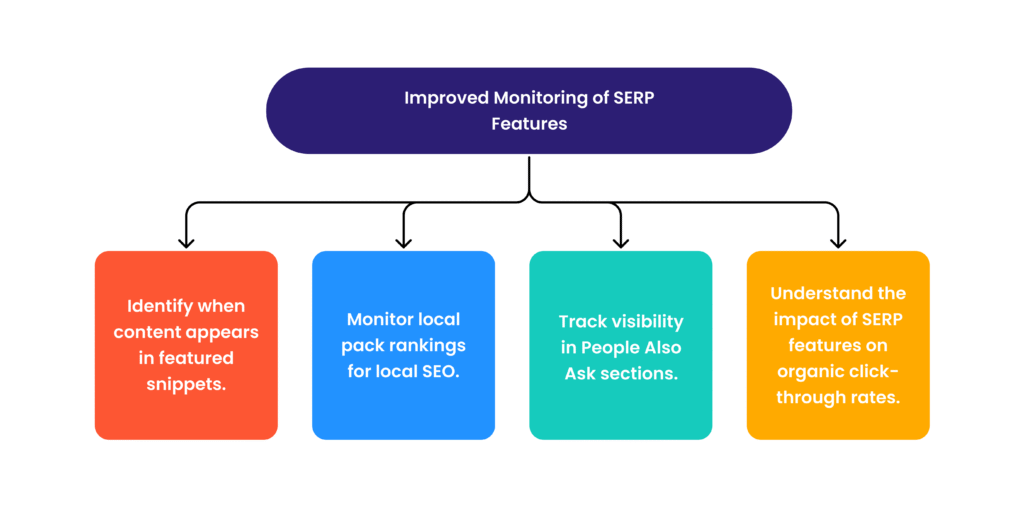
Search engine results now include rich snippets, local packs, knowledge graphs, “People Also Ask” sections, and video carousels—all of which impact organic visibility.
A comprehensive ranking API allows businesses to track traditional rankings and SERP feature appearances, allowing them to optimize for high-visibility search elements.
Key Insights from SERP Feature Tracking:
✔ Identify when content appears in featured snippets.
✔ Monitor local pack rankings for local SEO.
✔ Track visibility in the People Also Ask sections.
✔ Understand the impact of SERP features on organic click-through rates.
10. Cost-Effective Alternative to Manual Tracking
Manually tracking rankings across different search engines, devices, and locations requires huge time and resources. Many businesses depend upon search engine optimization professionals or agencies, increasing charges as keyword tracking needs to extend.
A search position API provides a cost-effective alternative, automating the process while delivering scalable, precise ranking insights.
How API-Based Tracking Saves Costs:
- Reduces dependency on manual rank-checking tools.
- It frees up SEO teams to focus on strategy instead of data collection.
- Enables businesses to track rankings at scale without additional staffing costs.
Conclusion
A SERP Tracking API is a critical tool for businesses, marketers, and SEO professionals who need accurate, real-time ranking data. From monitoring location-specific rankings to analyzing competitor overall performance, automating SEO reports, and responding to algorithm changes, an API simplifies rank tracking while turning in precise insights.
With search engine algorithms continually improving, organisations that use SERP Tracking APIs get a competitive advantage by remaining informed and adjusting quickly. Companies that automate rank tracking can focus on what really matters: optimising their strategies to drive more natural traffic, increase visibility, and achieve long-term SEO success.

